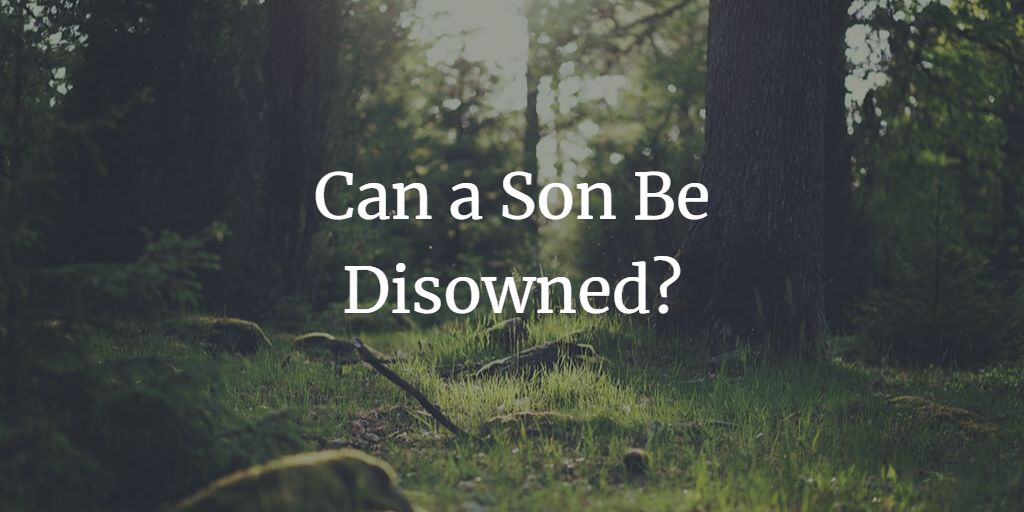Can a Son Be Disowned? What Are His Rights In The Ancestral Property

Disowning a child is an emotionally charged and complex issue. In India, disowning a son and its implications on his rights to ancestral property is subject to Hindu personal laws. This blog post will discuss the concept of disowning a son in India and examine the legal rights of a disowned son in relation to ancestral property.
Table of Contents
Disowning a Son: What Does It Mean?
Legal Grounds for Disowning a Son
Rights of a Disowned Son in Ancestral Property
Seeking Legal Help
1. Disowning a Son: What Does It Mean?
Disowning a son implies severing all ties between the parent and child, including the relinquishment of any legal or moral obligation towards the child. In the context of Indian law, the term "disowning" is not explicitly defined. However, parents may choose to disinherit their children, excluding them from any share in their self-acquired property.
2. Legal Grounds for Disowning a Son
There are no specific legal provisions that allow a parent to disown their child. However, parents can disinherit their children by executing a will that explicitly excludes the child from inheriting any portion of their self-acquired property. It is important to note that disowning or disinheriting a child may be challenged in court, and the burden of proof lies on the parent to justify their decision.
3. Rights of a Disowned Son in Ancestral Property
Under Hindu law, a son's rights to ancestral property are not affected by disinheritance or disowning. According to the Hindu Succession Act, 1956, a son has a birthright to his ancestral property, and this right cannot be taken away by the mere act of disowning or disinheriting.
However, there are certain exceptions where the son's rights to ancestral property may be restricted, such as:
If the son has been legally adopted by another family, he loses his rights to the ancestral property of his biological family.
In cases of permanent mental incapacity or any other legal disqualification, the son's rights may be limited or revoked.
It is crucial to understand that disowning a son does not automatically extinguish his rights to ancestral property. The rights to ancestral property are determined by birth and cannot be easily revoked.
4. Seeking Legal Help
Navigating the complexities of disowning a child and its implications on their rights to ancestral property can be challenging. It is advisable to consult with an experienced family lawyer who can provide guidance on the legal aspects of disinheritance, ancestral property, and the rights of a disowned son. A lawyer can also help you explore alternative dispute resolution methods, such as mediation or negotiation, to resolve family conflicts amicably and maintain family harmony.
In conclusion, disowning a son in India does not automatically deprive him of his rights to ancestral property. While parents can disinherit their children from their self-acquired
property, a son's birthright to ancestral property remains intact. It is essential to understand the legal implications of disowning a child and consult with an experienced family lawyer to navigate this emotionally charged and complex issue. By seeking legal help and exploring alternative dispute resolution methods, families can strive to resolve conflicts amicably and preserve family harmony.


